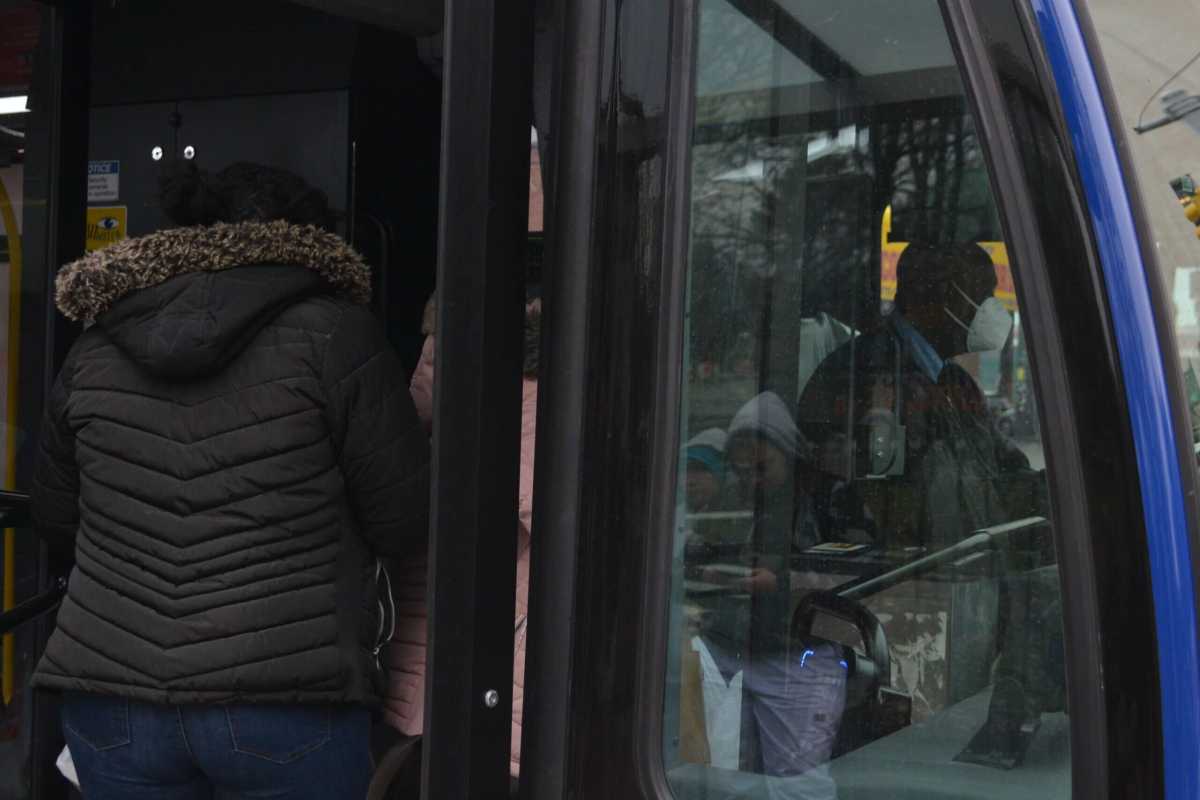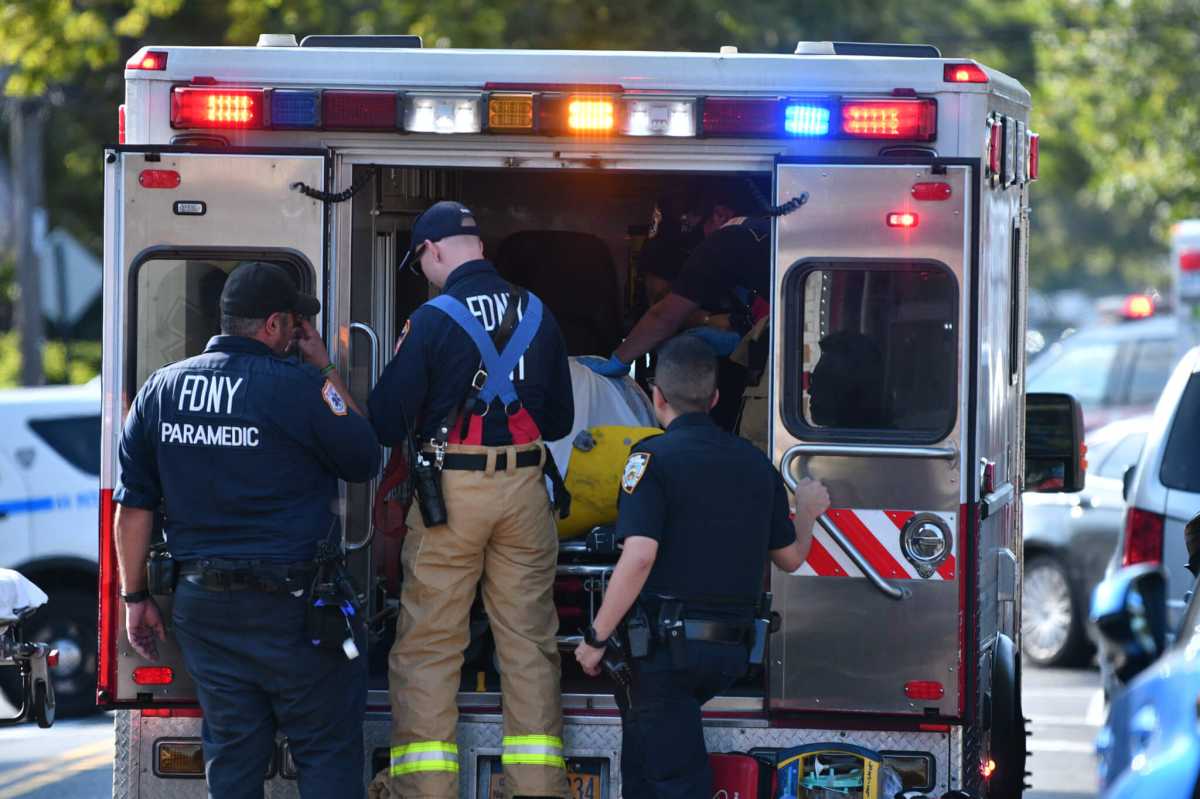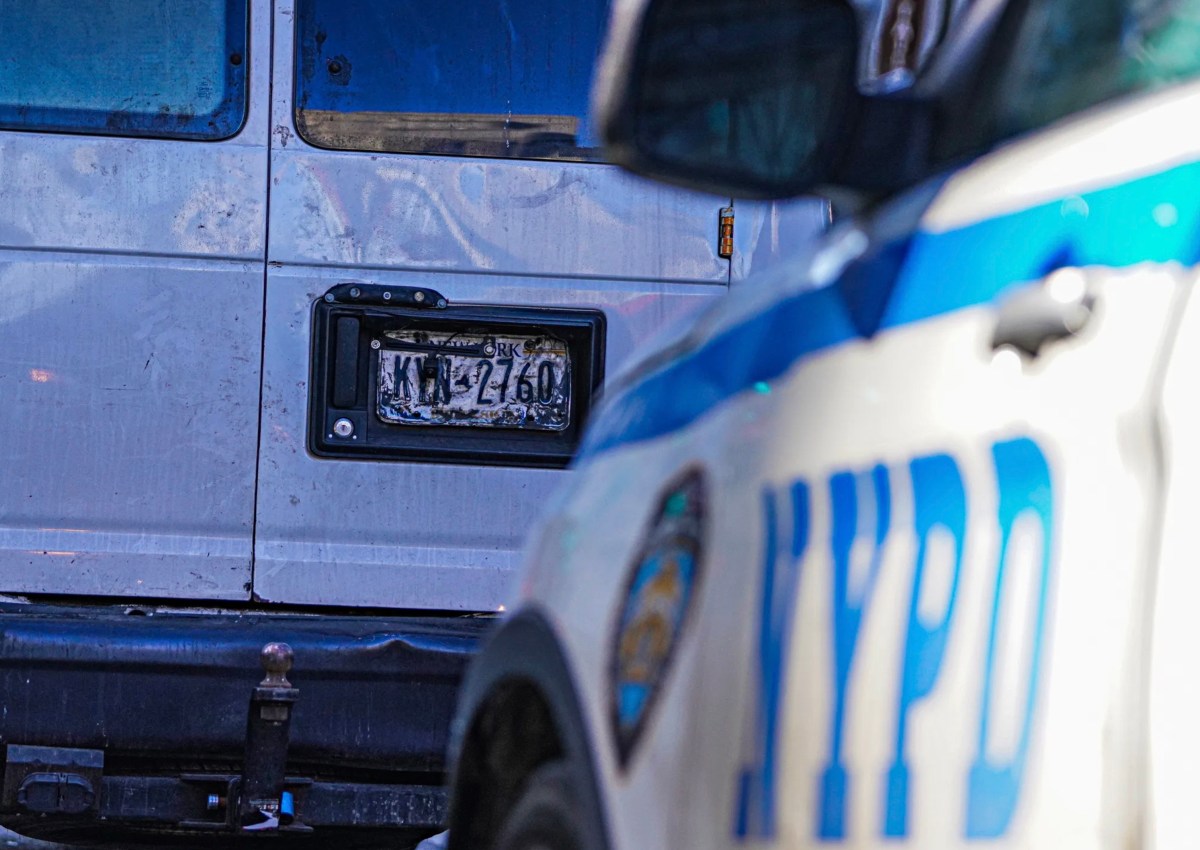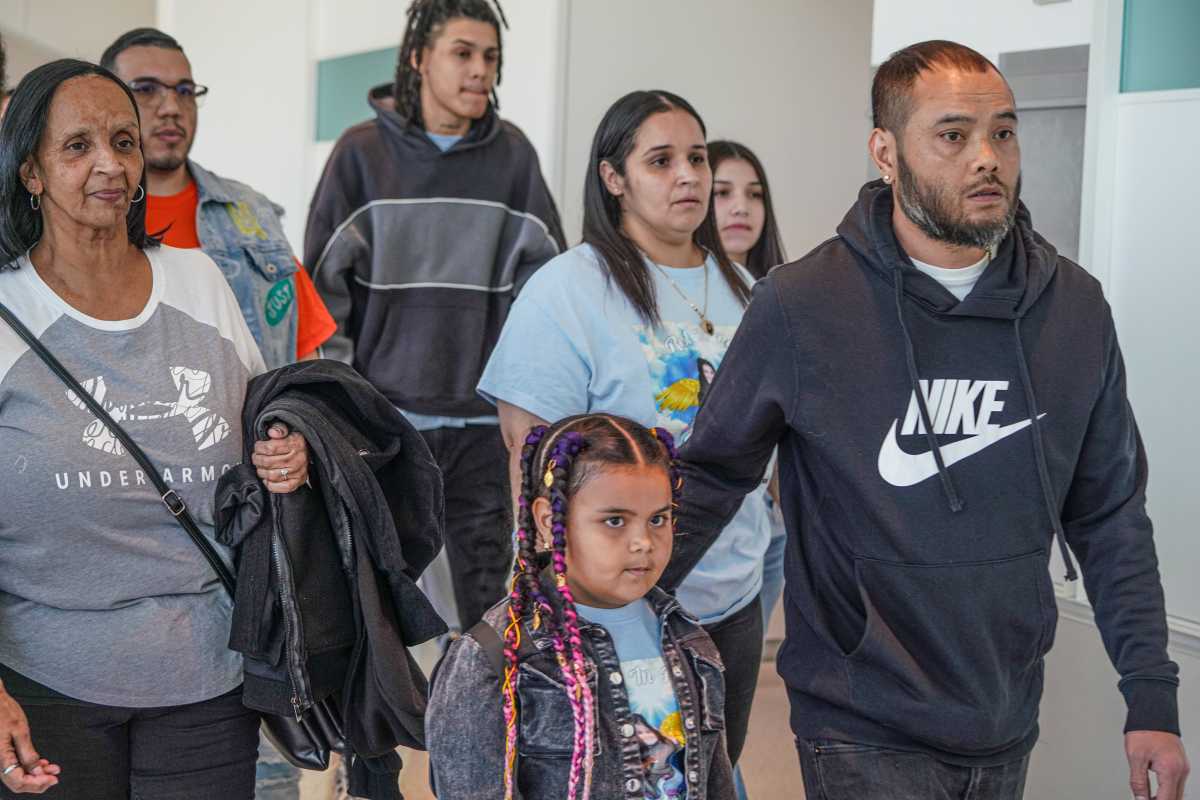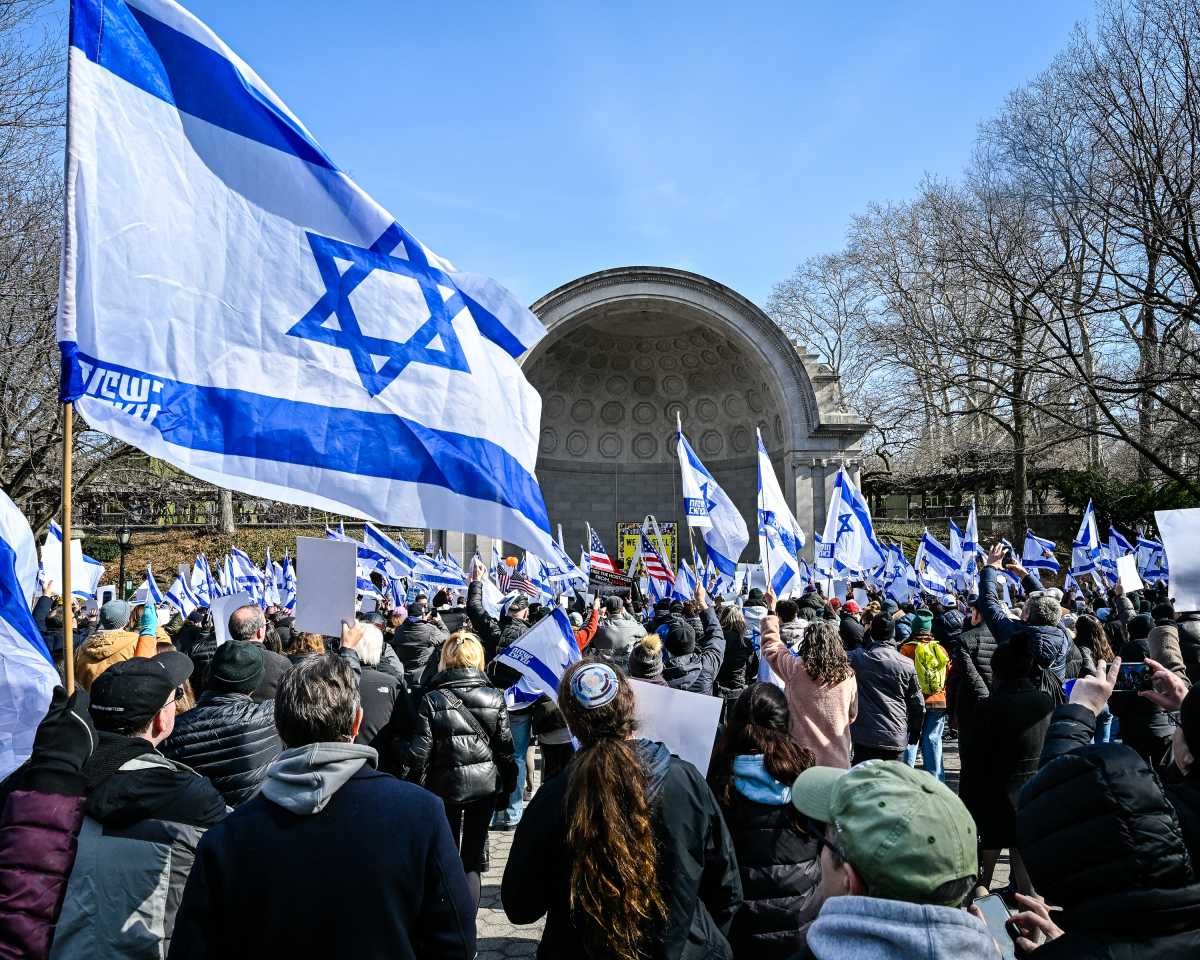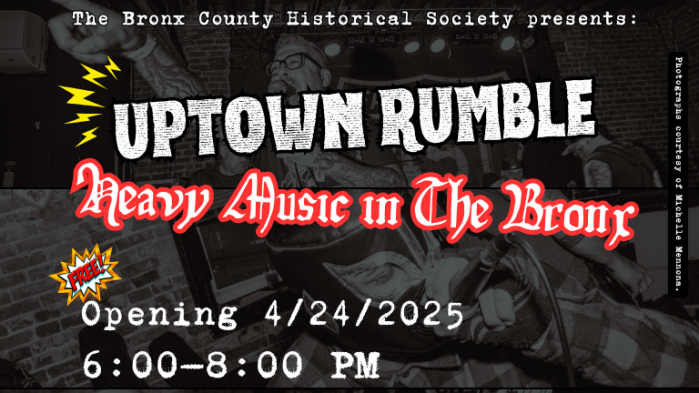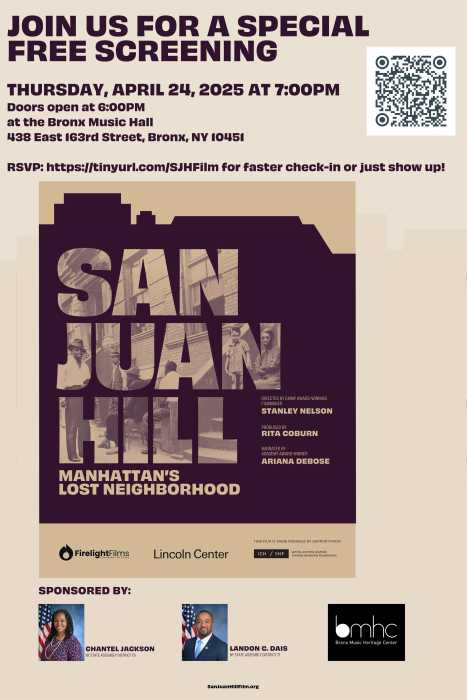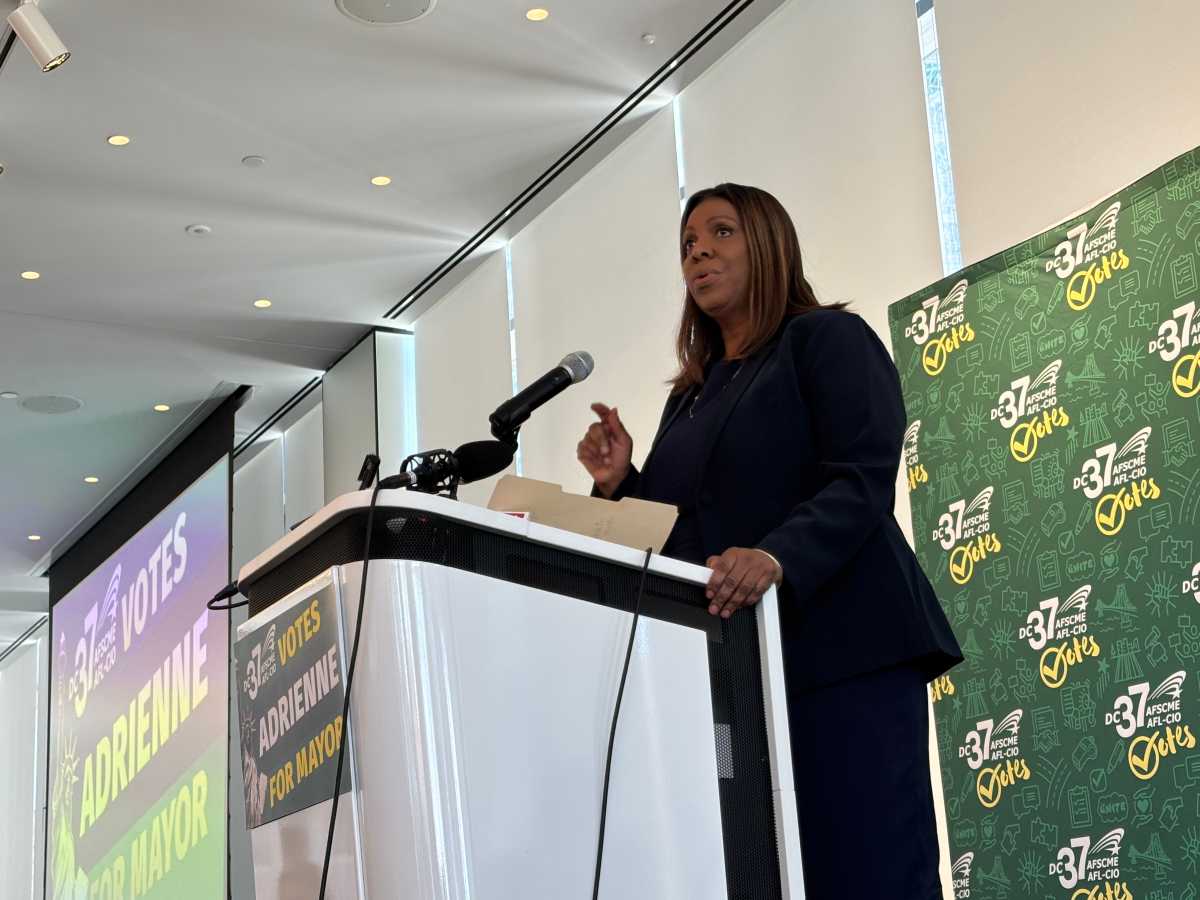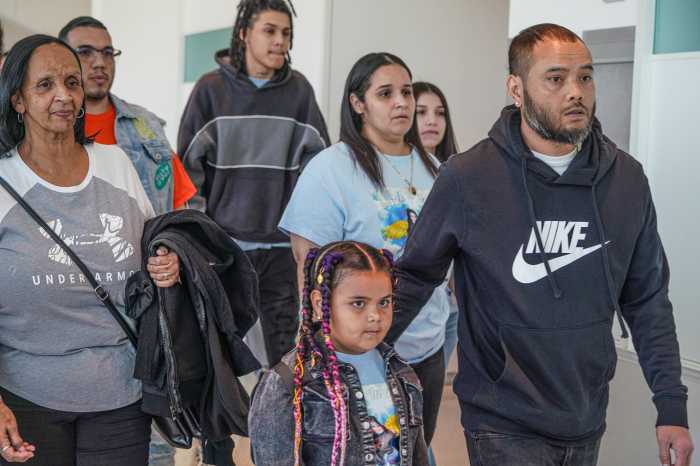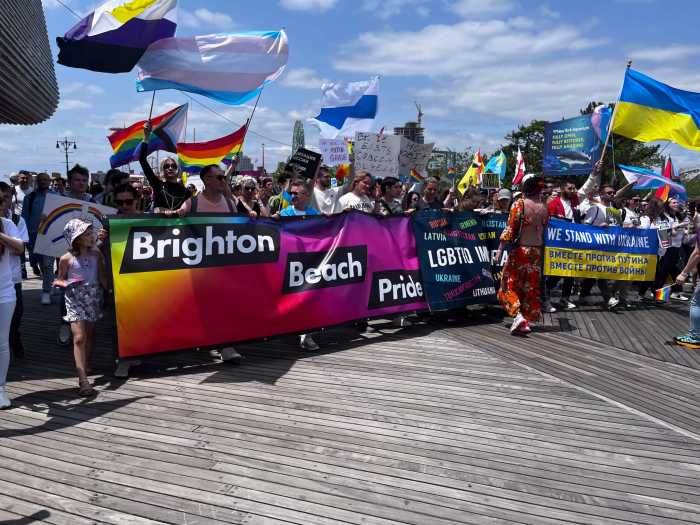Community Board 12 unanimously voted on a resolution last Thursday night calling on the MTA to make the Bx8 free.
The 2024 state budget, which was enacted more than a month after its April 1 deadline, allocates $15 million for a pilot that requires the MTA to make one bus route free in each borough, a reduction from the two-per-borough plan advocates called for. The budget legislation requires the agency to present its choice bus routes to its board for approval no later than 60 days after the budget’s May 3 enaction, with implementation within 90 days.
On April 27, Gov. Kathy Hochul announced that the pilot would last two years, but the budget legislation that was actually passed contradicts this claim, saying the pilot will only last 6-12 months.
Hochul’s office told Gothamist that the program will likely be extended into 2025 and directed the Bronx Times to the MTA for questions about the pilot. MTA spokespersons did not know the timeline for the pilot when reached by the Bronx Times, but Alexander Marion, the communications director for state Senate Deputy Majority Leader Michael Gianaris, told the Bronx Times that the MTA said it’s on track to launch in October. Marion confirmed the pilot is 6-12 months long.
The purpose of the pilot is to understand the effects fare-free routes have on MTA bus ridership and quality of life issues, as well as bus speeds and operations, according to the legislation.
The Bx8 runs from Williamsbridge to Locust Point in the East Bronx.
CB12 Transportation and Capital Projects Committee member Luke Szabados said the committee recommended the Bx8 because it doesn’t mirror other routes and is a direct connection to the 2, 5 and 6 trains.
“It’s a popular route and I think we really have a great chance of getting it for the district,” Szabados said.
An MTA spokesperson confirmed with the Bronx Times that the agency is looking for routes that do not overlap with other bus paths. The agency will also take fare evasion into consideration.
The Bx19, for example, isn’t a likely contender because it sees high rates of fare evasion and overlaps with other routes, the spokesperson said. The MTA press office said fare evasion data for individual bus lines is not available when requested by the Bronx Times.
Spokespersons for the MTA referred to remarks made by NYC Transit President Richard Davey and MTA Chair and CEO Janno Lieber where the transit leaders said they don’t want people to think the experiment means they can ride all city buses for free.
“I worry that if we don’t do this right it could potentially encourage more negative interactions with our bus operators, for example, who will be put in a position to explain what is free and what’s not and why,” Davey said at a May 22 MTA meeting.
Lieber said the agency will select buses “in a way to make sure we can identify the impact on ridership and have it not be an accelerant to fare evasion.”
According to the state legislation, the MTA should also consider ridership, service adequacy and equity for low income communities as well as access to employment and commercial activities when selecting which routes will be free. Express buses cannot be chosen.
The MTA spokesperson said it would be premature to comment on the Bx8 because a working group will need to consider all the bus routes in the borough.
In 2019, the Bx8 ranked 28th out of 38 local Bronx routes for total ridership, according to MTA data.
“This is not, you know, the biggest contender,” Szabados said. “This is a middle-of-the-pack bus route, that it would be really interesting to see how having a free service like this improves.” He said that according to the 2019 numbers, the Bx8 ridership also ranked 28th out of 48 local and express routes that go through the borough.
New York City isn’t the first U.S. city to toy with the idea of free buses.
Connecticut had a free bus pilot that has since concluded; Boston is running free buses on select lines as part of a two-year pilot; Kansas City has a three-year free bus pilot through the end of the year, and a free bus program is in the works in Washington, D.C.
Advocates for free buses argue that the model makes transit faster and safer, with at least 30% of MTA bus assaults connected to the collection of fares, according to Fix the MTA, an advocacy effort from state lawmakers.
The city of Boston found that removing fares sped up service and increased ridership, and riders felt safer due to reduced conflicts with operators.
Reach Aliya Schneider at aschneider@schnepsmedia.com or (718) 260-4597. For more coverage, follow us on Twitter, Facebook and Instagram @bronxtimes

